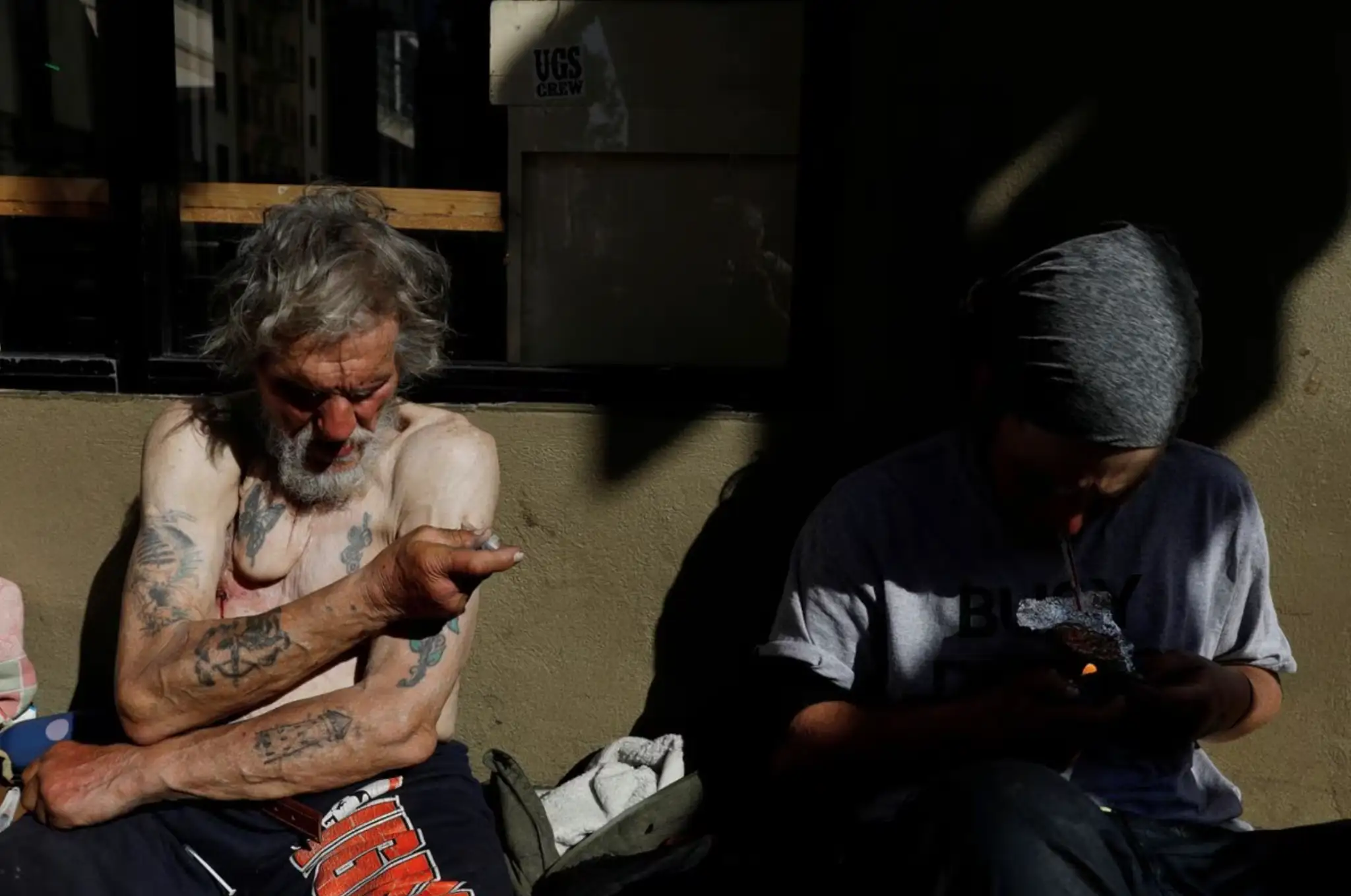The charges announced by the U.S. Department of Justice in three federal districts against “Los Chapitos” – sons of El Chapo Guzman – a faction of the Sinaloa Cartel for the production and distribution of fentanyl in US cities have been forceful. It is a state policy in a foreign territory. This was stated by Attorney General Merrick Garland, from the White House, when he pointed out 28 people who are allegedly involved in the trafficking of this synthetic drug.
This positioning has led to two readings in Mexico. One is associated with the future of the Obrador government’s policy of “hugs, not bullets”. The other is that it is the first step in the U.S. path against Mexican narco-politics.
The policy of “hugs, not bullets” in the fight against organized crime, beyond the derision that it has provoked in Washington’s political circles, is on the verge and does not seem to have any future. The production and distribution of fentanyl are causing thousands of deaths of U.S. consumers and have set off political alarms to the point of becoming a central part of the public debate.
In the United States, the leaders of the Republican Party have called for the recognition of Mexican cartels as “terrorist organizations”, which has been rejected by the majority of Democratic representatives because of what it would imply in terms of security and national sovereignty. However, the Democratic position does not mean affinity with the vision of the Mexican government, especially in an election year when the zero-sum game is imposed on those issues that make votes profitable.
This explains the Biden administration’s stance on fentanyl, a socially sensitive issue that requires tough decisions in the fight against its production and distribution. This calls into question the policy of the López Obrador government, which has been interpreted in some U.S. political and media circles as complicity with criminal organizations.
The search for Joaquin “El Chapo” Guzman’s sons in Mexican territory will surely not be left to betrayal within the Sinaloa Cartel in exchange for the $10 million offered for each of them. What would likely be behind it is binational collaboration, including undercover operations by U.S. security agencies.
For this reason, the position of the Mexican government and the words of López Obrador, who has called the U.S. infiltration of the Sinaloa Cartel an “abusive intrusion,” detrimental to national sovereignty, are striking. This will undoubtedly affect binational cooperation in the fight against the trafficking of fentanyl to the United States and, in fact, this week in the U.S. media Mexico was once again mentioned as a narco-state.
Although Mexican Foreign Minister Marcelo Ebrard provides figures of “unprecedented” achievements in the fight against the fentanyl epidemic, the truth is that U.S. authorities are not convinced by these results and what they have in their minds is President López Obrador’s permissive policy of “hugs, not bullets”.
The tension between the governments does not mean, at least for the moment, that much progress will be made beyond the attempt to cut fentanyl production and distribution, and in this sense, it is clumsy of the government itself to deny that the drug is not produced in Mexico when the foreign minister’s own data shows the opposite.
So far, U.S. authorities have been careful not to conflate drug businessmen with politicians old and new. This was evident in the trial of Garcia Luna, the former security secretary under Felipe Calderon, when Judge Brian Cogan refused to involve Mexican politicians.
Therefore, there is no reason to think that the U.S. government is looking for anything more from the fight against “Los Chapitos”. Apparently, this would preserve the status quo and keep calm the governors who received favors from this criminal faction during the 2021 elections and who could be getting ready to influence the voting decision in this year’s state elections.
Ultimately, the announcement by the U.S. The Department of Justice and the DEA is a jolt for the Mexican government, since in its opinion, its capacity to deal with a growing problem for U.S. society is insufficient. Nevertheless, for the moment, it seems that this will not affect the electoral situation in the fall, where the nomination of the official Mexican candidate and the new president of the North American neighbors will be at stake.
*Translated from Spanish by Micaela Machado Rodrigues
Autor
Professor at the Universidad Autónoma de Sinaloa. D. in Political Science and Sociology from Universidad Complutense de Madrid. Member of the National System of Researchers of Mexico.











